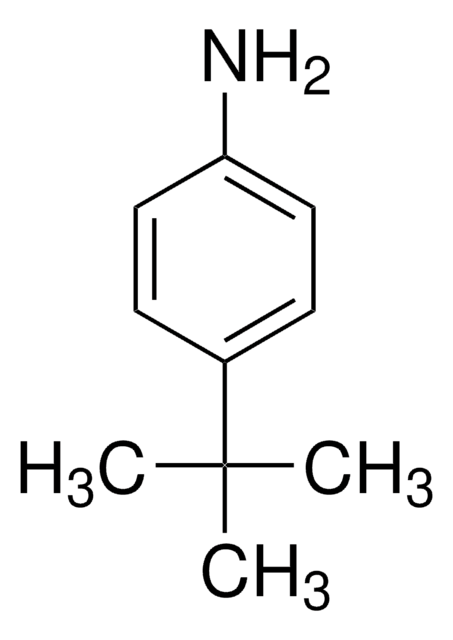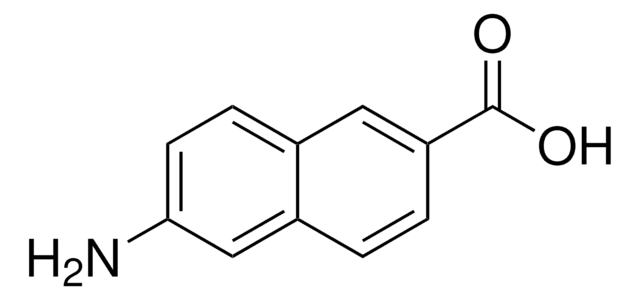338966
3,8-Diamino-6-phenylphenanthridine
98%
Synonym(s):
6-Phenyl-3,8-phenanthridinediamine
About This Item
Recommended Products
Assay
98%
form
solid
impurities
~2% ammonium chloride
mp
196-198 °C (lit.)
SMILES string
Nc1ccc2c(c1)nc(-c3ccccc3)c4cc(N)ccc24
InChI
1S/C19H15N3/c20-13-6-8-15-16-9-7-14(21)11-18(16)22-19(17(15)10-13)12-4-2-1-3-5-12/h1-11H,20-21H2
InChI key
CPNAVTYCORRLMH-UHFFFAOYSA-N
Looking for similar products? Visit Product Comparison Guide
Application
Signal Word
Warning
Hazard Statements
Precautionary Statements
Hazard Classifications
Acute Tox. 4 Oral - Eye Irrit. 2 - Skin Irrit. 2 - STOT SE 3
Target Organs
Respiratory system
Storage Class Code
11 - Combustible Solids
WGK
WGK 3
Flash Point(F)
Not applicable
Flash Point(C)
Not applicable
Personal Protective Equipment
Choose from one of the most recent versions:
Already Own This Product?
Find documentation for the products that you have recently purchased in the Document Library.
Our team of scientists has experience in all areas of research including Life Science, Material Science, Chemical Synthesis, Chromatography, Analytical and many others.
Contact Technical Service









